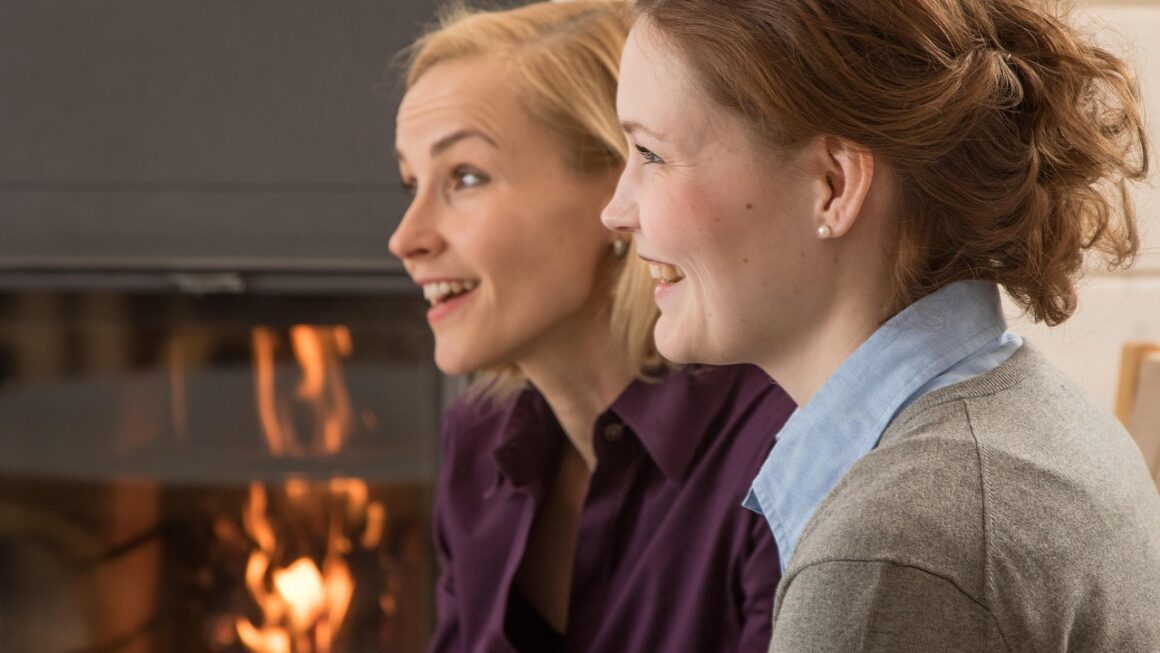Friendships are the cornerstones of a fulfilling life, offering support, joy, and a sense of belonging. But amidst the vast landscape of acquaintances and casual connections, true, reliable friends are rare gems. These are the individuals who stand by you through thick and thin, offering unwavering loyalty and genuine care. Cultivating and maintaining these relationships is essential for our overall well-being, and this blog post will explore the characteristics of reliable friends and how to nurture these invaluable connections.
The Hallmarks of a Reliable Friend
A reliable friend isn’t just someone you enjoy spending time with; they’re someone you can count on, no matter what. Their dependability is a constant source of comfort and strength in your life.
Consistency and Dependability
Reliable friends demonstrate consistent behavior, aligning their words with their actions. You can trust them to follow through on commitments and be there when they say they will.
- Example: Imagine you’re moving. A reliable friend not only offers to help but actually shows up on time, ready to work, and stays until the job is done. They don’t flake out or offer excuses at the last minute.
Honesty and Transparency
These friends are honest with you, even when it’s difficult. They provide constructive criticism with kindness and genuinely want what’s best for you. They are transparent about their own feelings and intentions, fostering a foundation of trust.
- Example: If you’re considering a risky career move, a reliable friend will listen to your reasoning but also honestly voice any concerns they have about potential downsides, helping you make a well-informed decision.
Empathy and Understanding
A reliable friend possesses a deep sense of empathy. They strive to understand your perspective, even when they don’t necessarily agree with you. They offer a safe space for you to express your feelings without judgment.
- Example: If you’re going through a difficult breakup, a reliable friend won’t just tell you to “get over it.” Instead, they’ll listen patiently, validate your feelings, and offer support as you navigate your emotions.
Why Reliable Friends Matter
The benefits of having reliable friends extend far beyond simple companionship. These relationships contribute significantly to your emotional, mental, and even physical health.
Enhanced Emotional Well-being
Knowing you have someone to lean on during tough times significantly reduces stress and anxiety. Reliable friends provide a sense of security and belonging, boosting your overall happiness and contentment. According to a study published in the Journal of Personality and Social Psychology, strong social connections are linked to lower rates of depression and anxiety.
- Actionable Takeaway: Regularly connect with your reliable friends, even if it’s just a quick phone call or text. Remind yourself of the support system you have.
Improved Mental Health
Reliable friends encourage you to grow and develop as a person. They offer different perspectives, challenge your beliefs, and help you identify areas for self-improvement. This constant growth can lead to increased self-esteem and a more positive outlook on life.
- Actionable Takeaway: Be open to feedback from your reliable friends. Consider their insights as valuable opportunities for growth.
Increased Resilience
Life inevitably throws curveballs. Having reliable friends by your side makes you more resilient in the face of adversity. They provide the emotional support and practical assistance you need to navigate challenges and bounce back from setbacks.
- Actionable Takeaway: When facing a challenge, don’t hesitate to reach out to your reliable friends for support. Sharing your burdens can make them feel lighter.
Nurturing Reliable Friendships
Building and maintaining strong, reliable friendships requires conscious effort and a commitment to mutual respect and support.
Prioritize Communication
Regular communication is essential for keeping your friendships strong. Make an effort to stay in touch with your reliable friends, even when life gets busy. Schedule regular phone calls, video chats, or in-person meetups.
- Example: Set a recurring reminder on your calendar to check in with a specific friend each week.
Be Present and Engaged
When you’re spending time with your reliable friends, be fully present and engaged in the moment. Put away your phone, listen attentively, and show genuine interest in what they have to say.
- Actionable Takeaway: Practice active listening skills. Pay attention to your friend’s body language and tone of voice, and ask clarifying questions to ensure you understand their perspective.
Offer Support and Appreciation
Reliable friendships are built on mutual support and appreciation. Let your friends know that you value their presence in your life. Offer your assistance when they need it, and express your gratitude for their friendship.
- Example: When a friend achieves a personal or professional milestone, celebrate their success with them. Send a congratulatory card, plan a special outing, or simply offer words of encouragement.
Recognizing and Addressing Challenges
Even the strongest friendships can face challenges. It’s important to recognize potential problems and address them proactively to prevent them from escalating.
Addressing Conflict Constructively
Disagreements are inevitable in any relationship. When conflict arises, approach it with empathy, respect, and a willingness to compromise. Avoid personal attacks and focus on finding mutually agreeable solutions.
- Actionable Takeaway: Practice “I” statements when expressing your feelings. For example, instead of saying “You always do this,” try saying “I feel hurt when this happens.”
Setting Boundaries
Healthy friendships require clear boundaries. Be honest with your friends about your limitations and expectations. Respect their boundaries as well.
- Example: If you’re feeling overwhelmed, it’s okay to politely decline an invitation to hang out. Explain that you need some time to yourself, and suggest an alternative date.
Knowing When to Let Go
Sometimes, despite your best efforts, a friendship may simply run its course. If a relationship becomes consistently draining, toxic, or one-sided, it may be necessary to distance yourself for your own well-being.
- Actionable Takeaway: Evaluate your friendships regularly. Are they mutually supportive and beneficial? If not, consider having an honest conversation with your friend or gradually reducing contact.
Conclusion
Reliable friends are invaluable assets in life. They provide unwavering support, enhance our well-being, and make us more resilient. By understanding the characteristics of a reliable friend, prioritizing communication, and nurturing these essential connections, we can cultivate strong, lasting friendships that enrich our lives in countless ways. Investing time and effort into these relationships is an investment in your own happiness and fulfillment. Don’t underestimate the power of a true friend – they can make all the difference in navigating the ups and downs of life.




